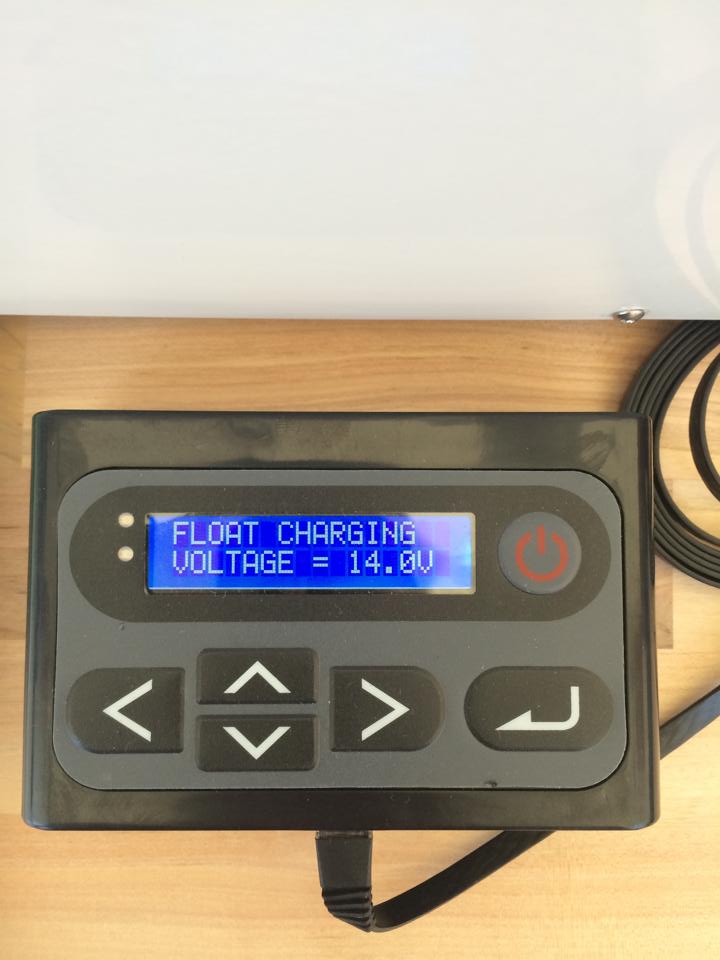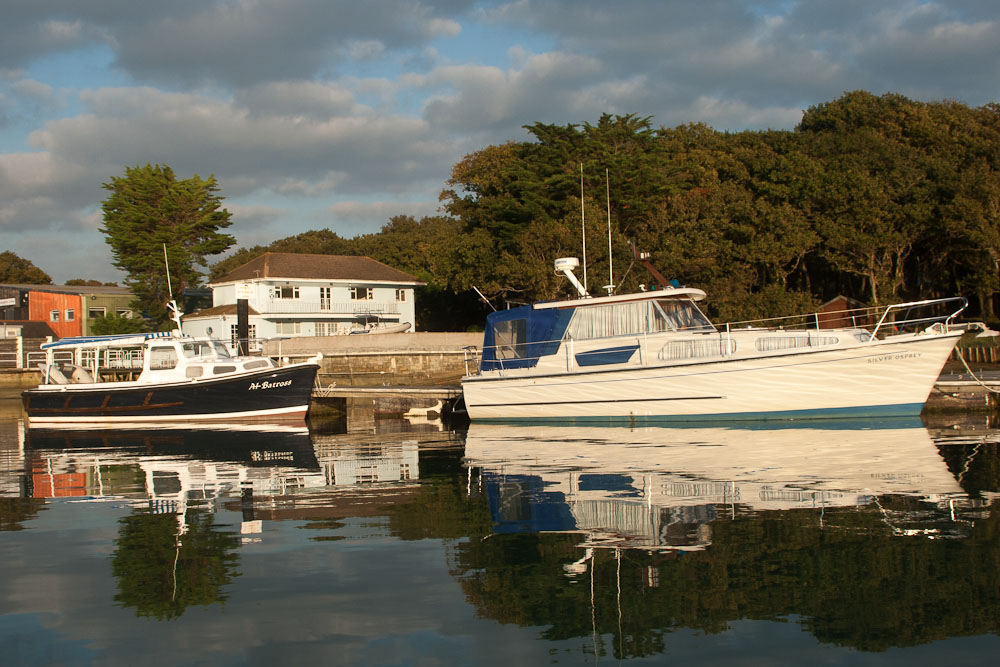Wouldn’t it be amazing to never run out of DC power on board your boat? Boaters really need a dependable source of power for their TVs, satellite receivers, navigation equipment, laptops, heating and lighting; and Allspars are offering a new product that has been designed to help keep power on hand.
The Hydromax 150, made by Dutch firm Dynad International BV, is a fuel cell battery charger that uses a unique fuel delivery system incorporating malic acid and a salt solution. All you have to do is add water, and you'll have a charging current without noise and the need for hazardous fuel. Even with an average daily usage of 75 Amps on your boat, running the Hydromax for just six hours is enough to fully recharge the batteries.
 "This fuel cell technology allows the Hydromax to deliver 150 watts per hour to 12V batteries, at all times and no matter what the conditions,” says Scott Dawson, Trade Account Manager at Allspars. “There are many benefits from the low noise of the unit, from its long life expectancy to the fact that the Hydromax requires no periodic maintenance as the unit cleans itself after every leading procedure.”
"This fuel cell technology allows the Hydromax to deliver 150 watts per hour to 12V batteries, at all times and no matter what the conditions,” says Scott Dawson, Trade Account Manager at Allspars. “There are many benefits from the low noise of the unit, from its long life expectancy to the fact that the Hydromax requires no periodic maintenance as the unit cleans itself after every leading procedure.” Environmentally this is a safe option as there are no byproducts that harm the environment, and it's performance is virtually silent, meaning wildlife can continue to thrive whilst uninterrupted. The only waste product is a harmless liquid which consists of a small quantity of malic acid mixed with water.
Marine equipment specialist Allspars promoted the Hydromax 150 at PSP Southampton Boat Show this September and found boat-owners were very interested. The unit is seen as a viable alternative to large solar panels and noisy generators which are becoming increasingly unacceptable in marinas.
How much does it cost?
A Hydromax unit 12v complete set currently costs £2753.56 excluding VAT at Allspars.
A Hydromax unit 24v is £3036.89 excluding VAT.
What’s a fuel cell?
Fuel cells, through a direct chemical reaction, deliver reliable electrical energy, safely, quietly and without excessive generation of heat. When a vehicle’s batter discharges to a certain point, the fuel cell automatically turns on and charges the battery. When the battery is sufficiently charged the fuel cell turns off again. The system operates automatically and is therefore also ideal for use in remote locations.
Video: Scott Dawson at PSPS Southampton Boat Show 2014


